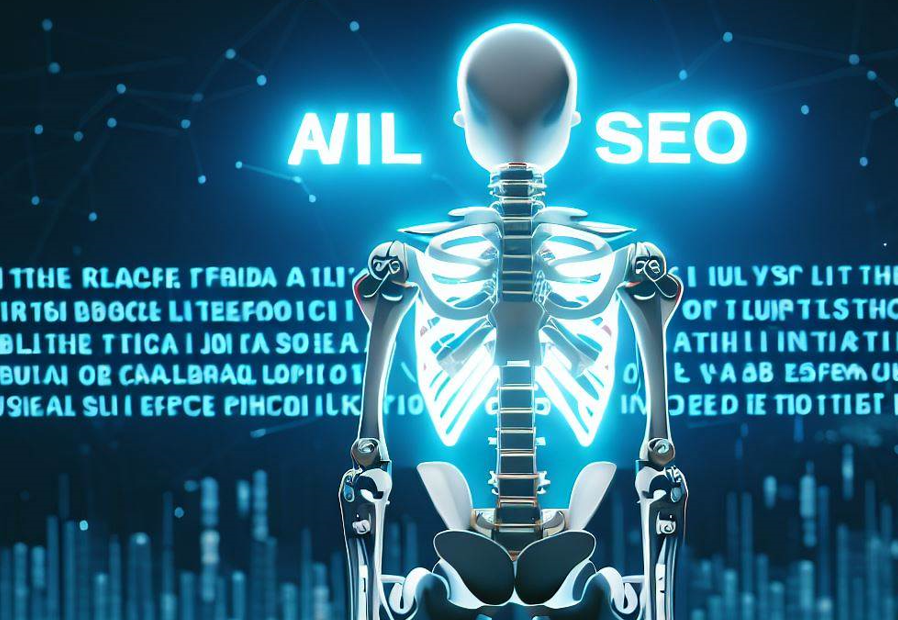Search engine optimization (SEO) has been around for decades, and it has evolved significantly over time. In the early days, SEO was largely focused on technical factors such as keyword density and backlinks. However, as search engines have become more sophisticated, they have begun to take into account a wider range of factors when ranking websites, including the quality of content, the user experience, and the overall relevance of a website to a user’s search query.
With the rise of artificial intelligence (AI), SEO is poised to change even more. AI-powered tools can now help businesses to optimize their websites for search in a number of ways, including:
- Generating high-quality content that is relevant to users’ search queries
- Identifying and fixing technical SEO issues
- Building backlinks from high-quality websites
- Analyzing search engine results pages (SERPs) to identify trends and opportunities
As AI-powered SEO tools become more sophisticated, it is possible that some of the traditional SEO tasks that are currently performed by humans will be automated. This could lead to some job losses in the SEO industry, but it could also create new opportunities for businesses and SEO professionals who are able to leverage AI to improve their search engine rankings.
However, it is important to note that AI is not going to replace SEO altogether. SEO is still about providing high-quality content that is relevant to users’ search queries. AI can help businesses to optimize their websites for search, but it cannot replace the human touch that is essential for creating and curating high-quality content.
In the AI era, SEO will continue to evolve, but it will not disappear. Businesses that want to succeed in search will need to embrace AI and use it to their advantage. However, they will also need to remember that AI is a tool, and it is still up to humans to make the decisions about how to use it.
Here are some of the ways that AI is already affecting SEO:
- Personalized search results: AI is being used to personalize search results for individual users. This means that the results that a user sees will be tailored to their interests and search history. This can make it more difficult for businesses to rank high in search results, as they will need to create content that is relevant to a wide range of users.
- Voice search: Voice search is becoming increasingly popular, and AI is being used to power voice search engines. This means that businesses will need to optimize their websites for voice search in order to be found by users who are searching using their voices.
- Machine learning: Machine learning is being used by search engines to improve their ranking algorithms. This means that search engines are becoming better at understanding the meaning of content and ranking websites accordingly. This can make it more difficult for businesses to manipulate search results, as search engines are becoming more sophisticated at detecting spam and low-quality content.
Overall, AI is having a significant impact on SEO. Businesses that want to succeed in search will need to embrace AI and use it to their advantage. However, they will also need to remember that AI is a tool, and it is still up to humans to make the decisions about how to use it.
